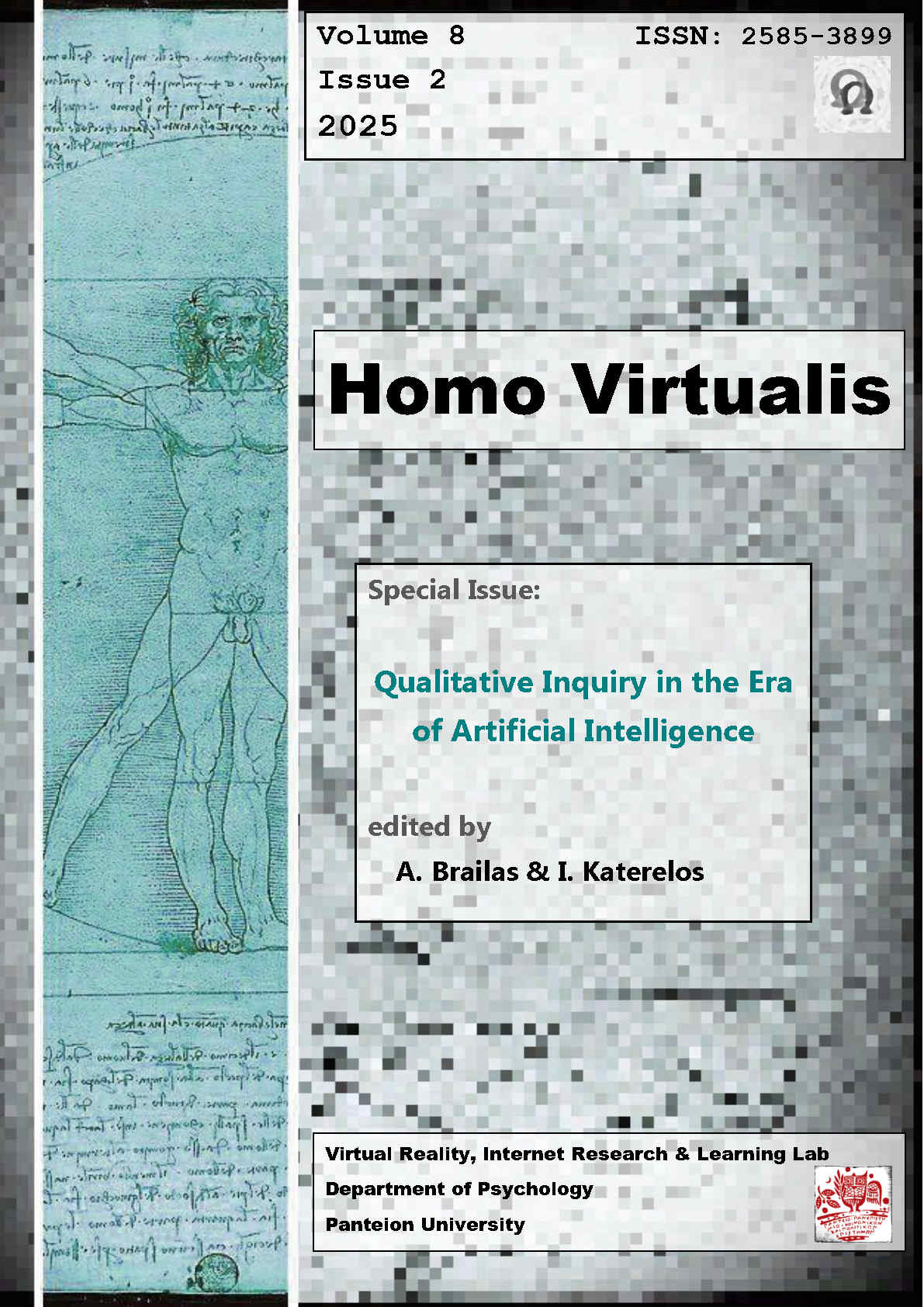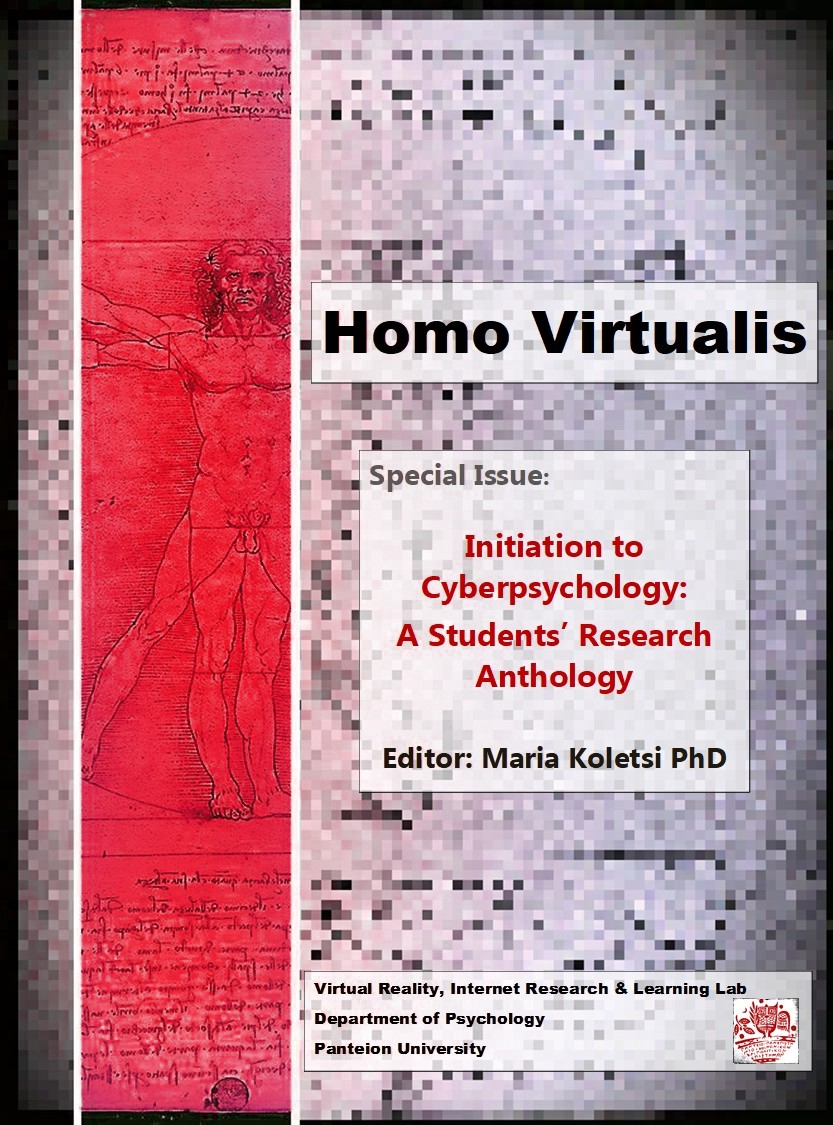Appreciative experiences of young adult athletes: An inquiry of challenges, psychological resilience, and inner strengths
Résumé
This study adopts an Appreciative Inquiry framework within the field of sports psychology to explore the lived experiences of young adult athletes. Its primary aim is to illuminate the positive experiences that serve as sources of psychological strength and resilience, while also identifying the challenges encountered throughout their athletic journey. The sample consists of ten non-professional athletes (both male and female), aged 18 to 23. Data were collected through semi-structured interviews lasting approximately 35 minutes each. All interviews were transcribed verbatim to ensure depth and accuracy in the subsequent analysis. Thematic Analysis was employed to interpret the data, leading to the emergence of three master themes, each encompassing specific themes and sub-themes: (a) Challenges, including practical difficulties, mental exhaustion, and physical fatigue; (b) Sources of Motivation, Strength, and Psychological Resilience, such as personal satisfaction and the development of meaningful relationships; and (c) Lived Experience of Sport’s Impact, which includes perceived benefits related to physical and mental well-being, as well as contributions to personal growth and identity formation. The findings underscore the importance of amplifying athletes’ voices in order to inform practices that genuinely support their psychological and emotional needs. By focusing on strengths, values, and aspirations, this study encourages future research to build upon the appreciative lens in order to design interventions and environments that enhance well-being, foster resilience, and create meaningful change in the everyday realities of young athletes.
Article Details
- Comment citer
-
Lampris, I. (2025). Appreciative experiences of young adult athletes: An inquiry of challenges, psychological resilience, and inner strengths. Homo Virtualis, 8(2), 112–135. https://doi.org/10.12681/homvir.43489
- Rubrique
- Articles

Ce travail est disponible sous la licence Creative Commons Attribution 4.0 International .
Authors who publish with this journal agree to the following terms:
· Authors retain copyright and grant the journal right of first publication with the work simultaneously licensed under a Creative Commons Attribution License that allows others to share the work with an acknowledgement of the work's authorship and initial publication in this journal.
· Authors are able to enter into separate, additional contractual arrangements for the non-exclusive distribution of the journal's published version of the work (e.g. post it to an institutional repository or publish it in a book), with an acknowledgement of its initial publication in this journal.
· Authors are permitted and encouraged to post their work online (preferably in institutional repositories or on their website) prior to and during the submission process, as it can lead to productive exchanges, as well as earlier and greater citation of published work.




